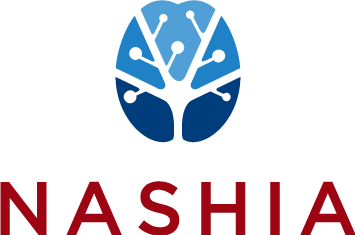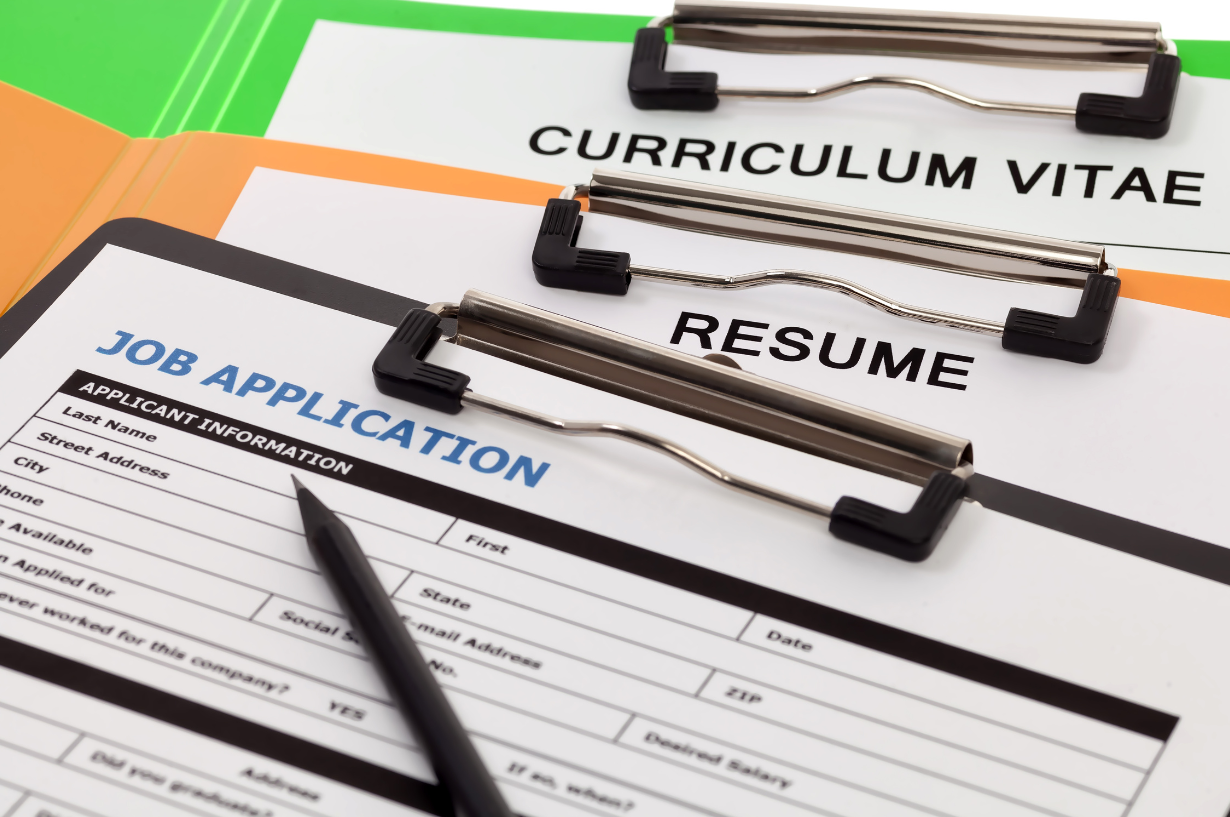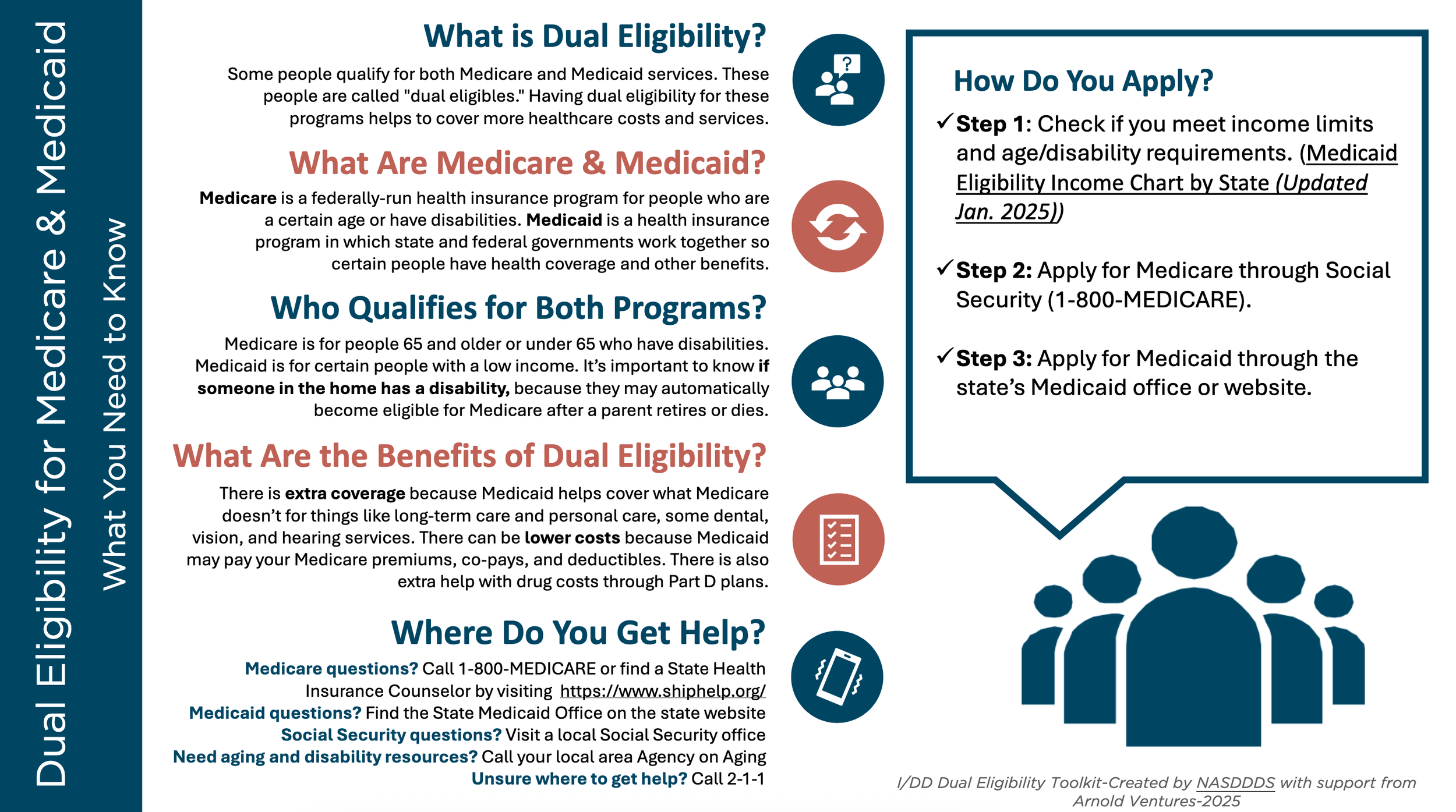Strong Infrastructure Components for Brain Injury (BI): State Self-Assessment Tool & Implementation Guide
Building a strong state infrastructure takes time, effort, and planning from many individuals and organizations. There are several key components necessary to create a comprehensive state system of services, partners, funding, and policy. Infrastructure building is a process and requires routine assessment, regardless of the level achieved. This tool, Strong Infrastructure Components for Brain Injury (BI): State Self-Assessment Tool, produced by ACL's Traumatic Brain Injury (TBI) Technical Assistance and Resource Center (TARC) was created to assist BI partners and collaborators in determining which level best describes their state’s progress, and to give some guidance to what a more comprehensive system could include. It is designed to be a guide, and states should consider re-assessing routinely, or at various points to assist in state planning efforts, such as conducting a new needs assessment, developing, or updating a state plan, or applying for a grant opportunity.
Full Participation Guidelines: Recommendations for ensuring meaningful engagement for individuals and family members in program activities
Full Participation involves supporting individuals with brain injury by providing tools, resources, and supports so that they are equal, contributing members with a sense of belonging. The original Full Participation Guide was created in 2008 to help states meet this level of support. The updated document is intended as a guide for best practices and can be used readily and frequently by states and partners across all states and settings. The tips and tools provided contribute to the full and meaningful participation of everyone in meetings, work groups and conferences.
Key Components for Transforming Employment Service Systems
Key Components for Transforming Employment Service Systems is a practical checklist created by Steven J. Schwartz, disability rights attorney and Subject Matter Expert for the Disability Employment Technical Assistance Center (DETAC). This resource outlines 14 essential components to guide states and service providers in shifting from sub-minimum wage employment toward Competitive Integrated Employment (CIE) for individuals with disabilities. From provider transformation to interagency coordination and data reporting, this tool supports collaborative system change efforts and helps strengthen employment service plans in alignment with WIOA and Employment First principles.
NASDDDS I/DD Dual Eligibility Toolkit
This toolkit is aimed at providing states information and training material to ensure state staff, supports coordinators, and direct support professionals understand how Medicare and Medicaid programs can be complementary, as well as support the education and guidance of individuals and families to navigate dual eligibility enrollment and ongoing benefits management. The work of the TA cohort set the stage for policy and program refinement through the development of this NASDDDS I/DD Dual Eligibility Toolkit.
Components include infographics, training slide decks, policy tools, and videos.
Practical Education and Advocacy Tools
Education and advocacy is a powerful tool for driving positive change. This Toolkit is meant to provide individuals with lived experience, whether on Brain Injury Advisory Councils or other advocates, family members, advocacy organizations, providers, and others with the resources and strategies to effectively advocate for your cause, primarily at a state level. It is also meant to support states in understanding the various ways to support individuals in educating and advocating at the state level. The purpose of this is to cultivate a robust network of advocates capable of driving meaningful change in home and community based supports for people with brain injury.
Optimizing Outreach & Recruitment for Advisory Boards: Recommendations and Best Practices
This resource of the ACL's Traumatic Brain Injury (TBI) Technical Assistance and Resource Center’s (TARC) Optimizing Outreach & Recruitment for Advisory Boards: Recommendations and Best Practices provides recommendations and best practices for outreaching and recruitment of brain injury advisory board members. The resource was developed with support from two members of the TBI Advisory Leadership Group (TAL-Group) (Kelly Lang and Martin Kerrigan) and state staff and members of advisory boards with lived experience.
Access Regulation: State Self-Assessment
The National Association of State Head Injury Administrators (NASHIA), in partnership with the National Association of State Directors of Developmental Disability Services, ADvancing States, National Association of Medicaid Directors, and National Association of State MH Program Directors are excited to share a new self-assessment tool to support states in determining their current level of compliance with requirements in the final Access regulation and identifying areas where action steps are needed to achieve compliance.
The Self-Assessment Tool is available in both Word and Excel versions.
Beyond Checking the Box: Full Engagement Strategies for Improving Participation of Persons with Lived Experience
This resource highlights strategies for engaging participation of individuals with lived experience on state advisory boards/councils. The TBI TARC, with support from two members of the TBI Advisory Leadership Group, hosted meetings with state program managers and staff members and with individuals with lived experience from eight states to discuss challenges for engagement of individuals with lived experience on advisory boards/councils. Based on the discussions, a set of strategies for full participation were developed which are discussed in the document.
NCOA Falls Prevention Awareness Week Toolkit
Falls among older adults continue to be a national public health concern. Join NCOA September 18-22, 2023 for Falls Prevention Awareness Week, a nationwide observance with state coalitions and partners to raise awareness on preventing falls, reducing the risk of falls, and helping older adults live without fear of falling.
Concussion Awareness Now
Concussion Awareness Now brings together nearly twenty organizations that care deeply about brain injury. The coalition, and website, have been created to help people learn more about concussions. The campaign’s goal is to make sure that every person who sustains a concussion receives a diagnosis, the best possible care and the resources and information they need.
CDC TBI Prevention Initiatives
Published by the Centers for Disease Control and Prevention in 2022, this one-pager clarifies the CDC’s role within the TBI field while providing a broad overview of their research and programming.
Physicians Tip Card for Patients Living with Brain Injury
Published by the American Congress of Rehabilitation Medicine (ACRM) in 2021, this tip card for patients living with brain injury is geared towards physicians.
Supporting A Trained Direct Care Workforce
The direct care workforce is a critical component of a well-functioning health system. These occupations are reliable entry points into the health sector, but limited wage potential as well as physical and emotional demands of the jobs contribute to high turnover and shortages. This article from the National Governor’s Association, Supporting A Trained Direct Care Workforce In Facility Settings During And After The Covid-19 Pandemic, discusses solutions.
Demystifying 508 Compliance
The purpose of this guide is to demystify 508 compliance and help you think through how to structure your document from the beginning to help ensure it will achieve 508 compliance. This guide condenses the best practices in 508 compliance as it relates to the documents and processes you as a state Brain Injury Program primarily use: Word, PowerPoint, and PDF.














